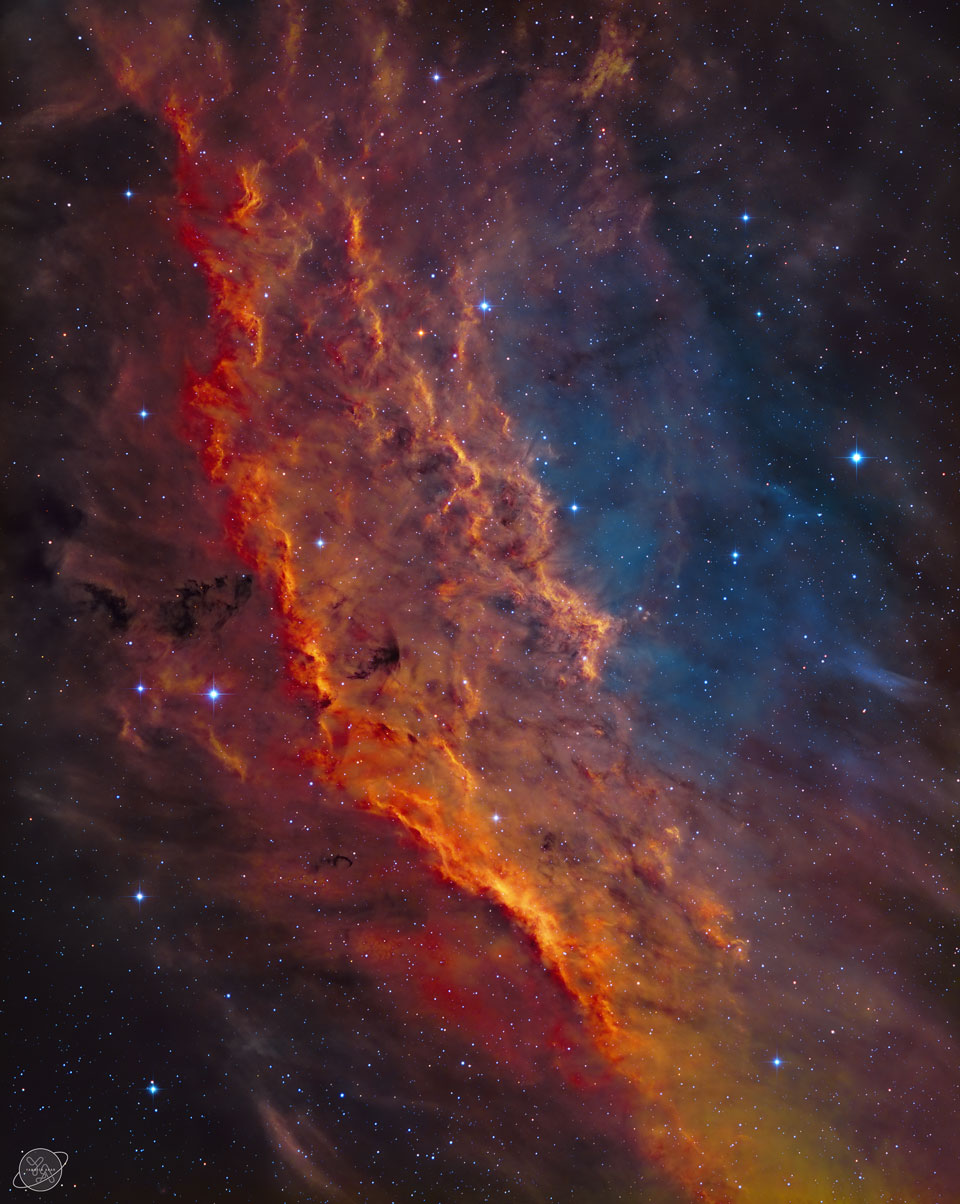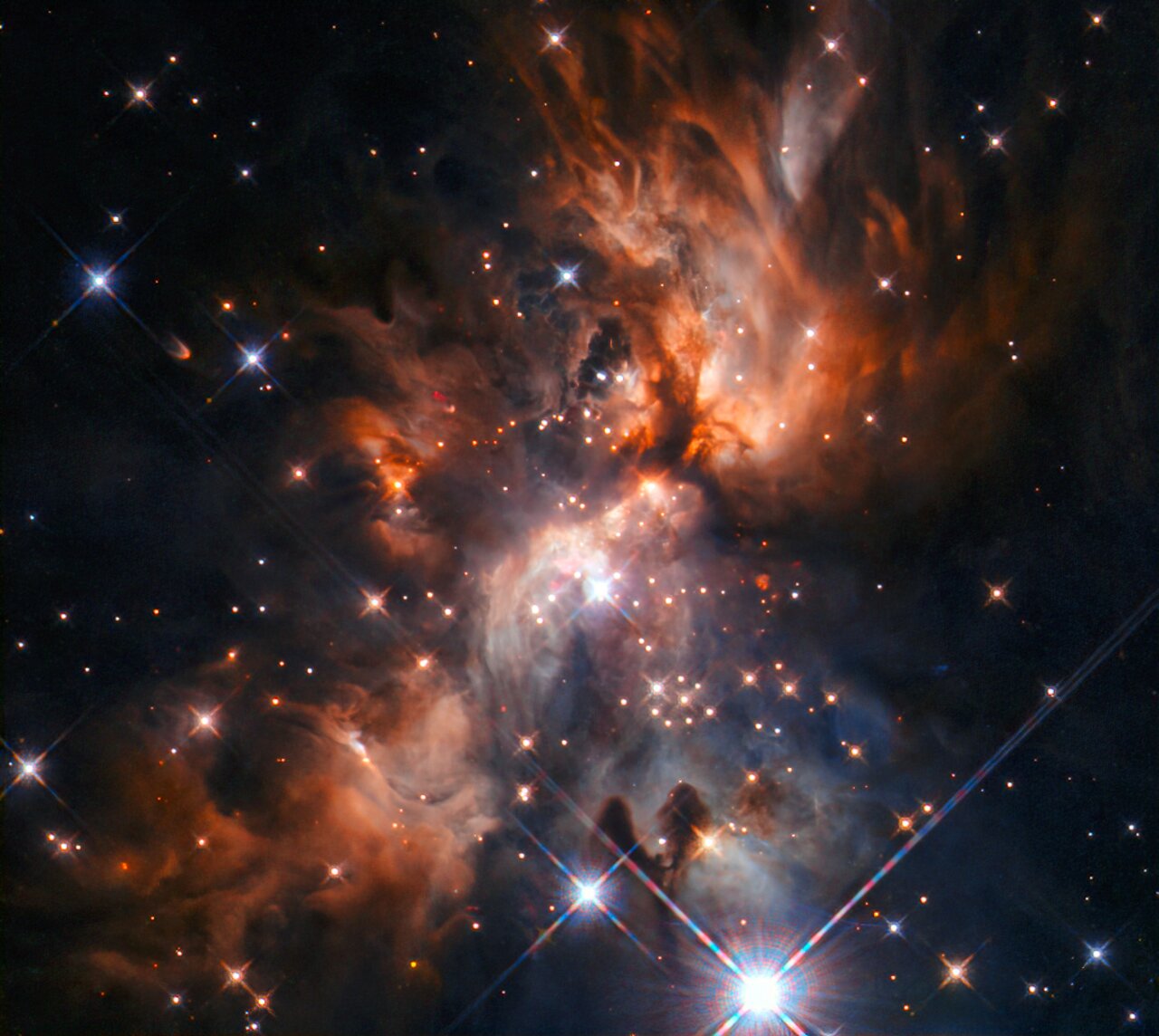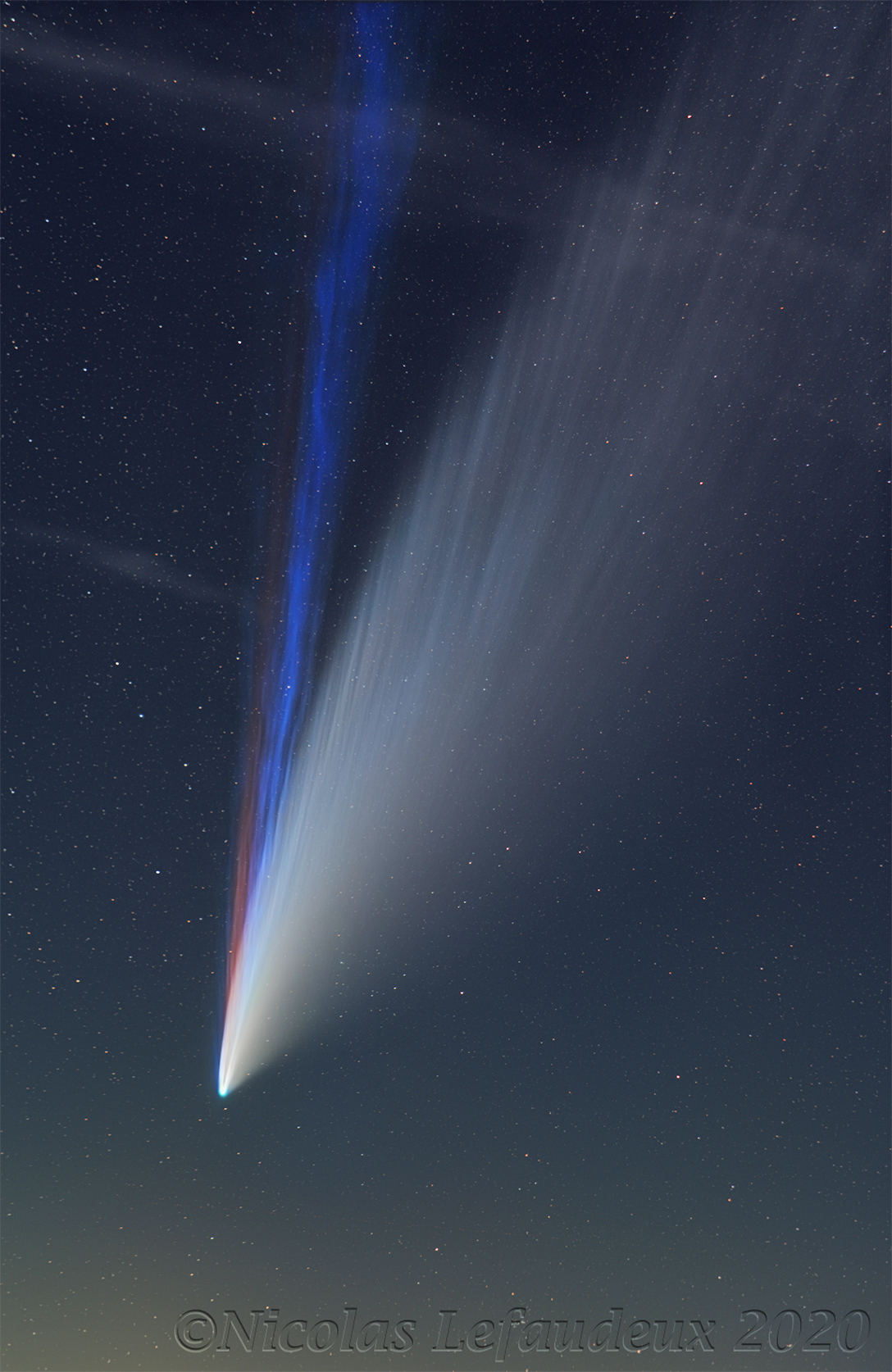Blog
Harvey Mandel (born March 11, 1945, in Detroit, Michigan, United States) is an American guitarist known for his innovative approach to electric guitar playing. A professional at twenty, he played with Charlie Musselwhite, Canned Heat, the Rolling Stones, and John Mayall as well as maintaining a solo career. Mandel is one of the first rock guitarists to use two-handed fretboard tapping.
His first recording was the album Stand Back! Here Comes Charley Musselwhite’s Southside Band in 1966 with Charlie Musselwhite. Described in Legends of Rock Guitar (1997) as a “legendary” album, it was influential in bridging the gap between blues and rock and roll, with Mandel’s “relentless fuzztone, feedback-edged solos, and unusual syncopated phrasing.” He relocated to the San Francisco Bay area, performing often at The Matrix, a club where local favorites like Jerry Garcia or Elvin Bishop would sit in and jam. He then met the pioneering San Francisco disc jockey and producer Abe “Voco” Kesh (Abe Keshishian), who signed Mandel to Philips Records and produced his first solo album, Cristo Redentor, in 1968. Mandel recorded with Barry Goldberg on a bootleg from Cherry Records and recorded with Graham Bond. He cut two more solo LPs for Philips, Righteous(1969) and Games Guitars Play (1970), followed by four more solo albums for the independent record label Janus in the early 1970s, which included Baby Batter.
more...Robert Keith McFerrin Jr. (born March 11, 1950) is an American folk-jazz vocalist. He is known for his vocal techniques, such as singing fluidly but with quick and considerable jumps in pitch—for example, sustaining a melody while also rapidly alternating with arpeggios and harmonies—as well as scat singing, polyphonic overtone singing, and improvisational vocal percussion. He is widely known for performing and recording regularly as an unaccompanied solo vocal artist. He has frequently collaborated with other artists from both the jazz and classical scenes.
McFerrin’s song “Don’t Worry, Be Happy” was a No. 1 U.S. pop hit in 1988 and won Song of the Year and Record of the Year honors at the 1989 Grammy Awards. McFerrin has also worked in collaboration with instrumentalists, including pianists Chick Corea, Herbie Hancock, and Joe Zawinul, drummer Tony Williams, and cellist Yo-Yo Ma. He is the father of musicians Taylor McFerrin, Jevon McFerrin and Madison McFerrin.
McFerrin was born in Manhattan, New York City, the son of operatic baritone Robert McFerrin and singer Sara Copper. He attended Cathedral High School in Los Angeles, Cerritos College, University of Illinois at Springfield (then known as Sangamon State University) and the California State University, Sacramento.
more...Leroy Jenkins (Chicago, March 11, 1932 – February 24, 2007, New York City) was an American composer and violinist/violist.
Mother of Three Sons, a dance-opera based on African mythology created in collaboration with choreographer/director Bill T. Jones and librettist Ann T. Greene. Commissioned by and premiered at the 1990 Munich Biennial New Music Theatre Festival (Hans Werner Henze, artistic director). Also performed by the New York City Opera (US premiere, 1991) and the Houston Grand Opera (1992).
Fresh Faust, a jazz-rap opera in collaboration with librettist Greg Tate directed by Dominic Taylor. Performed at Boston’s Institute of Contemporary Art (1994).
more...Astor Pantaleón Piazzolla (Spanish pronunciation: [pjaˈsola], Italian pronunciation: [pjatˈtsɔlla]; March 11, 1921 – July 4, 1992) was an Argentine tangocomposer, bandoneon player, and arranger. His works revolutionized the traditional tango into a new style termed nuevo tango, incorporating elements from jazz and classical music. A virtuoso bandoneonist, he regularly performed his own compositions with a variety of ensembles. In 1992, American music critic Stephen Holden described Piazzolla as “the world’s foremost composer of Tango music”.
Piazzolla was born in Mar del Plata, Argentina, in 1921, the only child of Italian immigrant parents, Vicente “Nonino” Piazzolla and Assunta Manetti.His paternal grandfather, a sailor and fisherman named Pantaleo (later Pantaleón) Piazzolla, had immigrated to Mar del Plata from Trani, a seaport in the southeastern Italian region of Apulia, at the end of the 19th century. His mother was the daughter of two Italian immigrants from Lucca in the central region of Tuscany.
more...Alex or Aleck Miller (né Ford, possibly March 11 or December 5, 1912 – May 24, 1965), known later in his career as Sonny Boy Williamson, was an American blues harmonica player, singer and songwriter. He was an early and influential blues harp stylist who recorded successfully in the 1950s and 1960s. Miller used various names, including Rice Miller and Little Boy Blue, before calling himself Sonny Boy Williamson, which was also the name of a popular Chicago blues singer and harmonica player. To distinguish the two, Miller has been referred to as Sonny Boy Williamson II.
He first recorded with Elmore James on “Dust My Broom“. Some of his popular songs include “Don’t Start Me Talkin’“, “Help Me“, “Checkin’ Up on My Baby“, and “Bring It On Home“. He toured Europe with the American Folk Blues Festival and recorded with English rock musicians, including the Yardbirds, the Animals. “Help Me” became a blues standard, and many blues and rock artists have recorded his songs.
Miller’s date of birth is disputed. In a spoken word performance called “The Story of Sonny Boy Williamson” that was later included in several compilations, Miller states that he was born in Glendora, Mississippi in 1897. There are five opinions about his date of birth. Five opinions are 1897, 1899, 1907, 1909, and 1912. David Evans, professor of music and an ethnomusicologist at the University of Memphis, claims to have found census records that Miller was born around 1912, being seven years old on February 2, 1920, the day of the census. Miller’s gravestone in or near Tutwiler, Mississippi, set up by record company owner Lillian McMurry twelve years after his death, gives his date of birth as March 11, 1908. Upon his return to the U.S., he resumed playing the King Biscuit Time show on KFFA, and performed in the Helena, Arkansas area. As fellow musicians Houston Stackhouse and Peck Curtis waited at the KFFA studios for Williamson on May 25, 1965, the 12:15 broadcast time was approaching and Williamson was nowhere in sight. Peck left the radio station to locate Williamson, and discovered his body in bed at the rooming house where he had been staying, dead of an apparent heart attack suffered in his sleep the night before. Williamson is buried on New Africa Road, just outside Tutwiler, Mississippi at the site of the former Whitman Chapel cemetery. Trumpet Records owner McMurry provided the headstone with an incorrect date of death
https://www.youtube.com/watch?v=vb8jEPEfaLk
more...The outline of this molecular space cloud echoes the outline of the state of California, USA. Our Sun has its home within the Milky Way’s Orion Arm, only about 1,000 light-years from the California Nebula. Also known as NGC 1499, the classic emission nebula is around 100 light-years long. On the featured image, the most prominent glow of the California Nebula is the red light characteristic of hydrogen atoms recombining with long lost electrons, stripped away (ionized) by energetic starlight. The star most likely providing the energetic starlight that ionizesmuch of the nebular gas is the bright, hot, bluish Xi Persei just to the right of the nebula. A regular target for astrophotographers, the California Nebula can be spotted with a wide-field telescope under a dark sky toward the constellation of Perseus, not far from the Pleiades.

Norman Blake (born March 10, 1938) is a traditional American stringed instrument artist and songwriter.
Blake was born in Chattanooga, Tennessee, and grew up in Sulphur Springs, Alabama. He listened to old-time and country music on the radio by the Carter Family, the Skillet Lickers, Roy Acuff, and the Monroe Brothers (Charlie and Bill Monroe). He learned guitar at age 11 or 12, then mandolin, dobro, and fiddle in his teens. When he was 16, he dropped out of school to play music professionally.
In the 1950s, Blake joined the Dixieland Drifters and performed on radio broadcasts, then joined the Lonesome Travelers. When he was drafted in 1961, he served as an Army radio operator in the Panama Canal Zone. He started a popular band known as the Kobbe Mountaineers. A year later, while he was on leave, he recorded the album Twelve Shades of Bluegrass with the Lonesome Travelers.
more...Leon Bismark “Bix” Beiderbecke (March 10, 1903 – August 6, 1931) was an American jazz cornetist, pianist, and composer.
Beiderbecke was one of the most influential jazz soloists of the 1920s, a cornet player noted for an inventive lyrical approach and purity of tone, with such clarity of sound that one contemporary famously described it like “shooting bullets at a bell”. His solos on seminal recordings such as “Singin’ the Blues” and “I’m Coming, Virginia” (both 1927) demonstrate a gift for extended improvisation that heralded the jazz ballad style, in which jazz solos are an integral part of the composition. Moreover, his use of extended chords and an ability to improvise freely along harmonic as well as melodic lines are echoed in post-WWII developments in jazz. “In a Mist” (1927) is the best known of Beiderbecke’s published piano compositions, and the only one that he recorded. His piano style reflects both jazz and classical (mainly impressionist) influences. All five of his piano compositions were published by Robbins Music during his lifetime.
A native of Davenport, Iowa, Beiderbecke taught himself to play the cornet largely by ear, leading him to adopt a non-standard fingering technique that informed his unique style. He first recorded with Midwestern jazz ensemble The Wolverines[2] in 1924, after which he played briefly for the Detroit-based Jean Goldkette Orchestra before joining Frankie “Tram” Trumbauer for an extended engagement at the Arcadia Ballroom in St. Louis, also under the auspices of Goldkette’s organisation. Beiderbecke and Trumbauer joined Goldkette’s main band at the Graystone Ballroom in Detroit in 1926. The band toured widely and famously played a set opposite Fletcher Henderson at the Roseland Ballroom in New York City in October 1926. He made his greatest recordings in 1927. The Goldkette band folded in September 1927 and, after briefly joining bass saxophone player Adrian Rollini‘s band in New York, Trumbauer and Beiderbecke joined America’s most popular dance band: Paul Whiteman and his Orchestra. Beiderbecke died in his apartment, No. 1G, 43-30 46th Street, in Sunnyside, Queens, New York, on August 6, 1931.
more...Nestled amongst the vast clouds of star-forming regions like this one lie potential clues about the formation of our own Solar System. This week’s NASA/ESA Hubble Space Telescope Picture of the Week features AFGL 5180, a beautiful stellar nursery located in the constellation of Gemini (The Twins). At the centre of the image, a massive star is forming and blasting cavities through the clouds with a pair of powerful jets, extending to the top right and bottom left of the image. Light from this star is mostly escaping and reaching us by illuminating these cavities, like a lighthouse piercing through the storm clouds. Stars are born in dusty environments and although this dust makes for spectacular images, it can prevent astronomers from seeing stars embedded in it. Hubble’s Wide Field Camera 3 (WFC3) instrument is designed to capture detailed images in both visible and infrared light, meaning that the young stars hidden in vast star-forming regions like AFGL 5180 can be seen much more clearly.

Ustad Zakir Hussain (born 9 March 1951) is an Indian tabla virtuoso, composer, percussionist, music producer, film actor and eldest son of tabla player Ustad Allah Rakha.
He was awarded the Padma Shri in 1988, and the Padma Bhushan in 2002, by the Government of India presented by President Abdul Kalam. He was also awarded the Sangeet Natak Akademi Award in 1990, given by the Sangeet Natak Academy, India’s National Academy of Music, Dance & Drama. In 1999, he was awarded the United States National Endowment for the Arts‘ National Heritage Fellowship, the highest award given to traditional artists & musicians.
Zakir Hussain was born on 9 March 1951 in a nursing home in Mahim (a suburb of Mumbai) at about 11:00 a.m. In Punjabi family. Hussain was born to tabla maestro Ustad Alla Rakha. His mother’s name was Bavi Begum. It was said that Hussain was an ‘unlucky’ child since his father was extremely ill around the time of his birth. Although their family name is Qureshi, Zakir was given the surname Hussain. He attended St. Michael’s High School in Mahim, and briefly attended St. Xavier’s College, Mumbai.
Hussain was a child prodigy. His father taught him Pakhawaj from the age of 3 years. His father would wake him up at 3 a.m. and would teach him vocally by reciting different rhythms till 6 a.m. Zakir’s father Alla Rakha belonged to the Punjab gharana tradition of tabla-playing, other gharanasbeing those of Delhi, Benares, Ajrara, Farrukhabad, and Lucknow.
He gave his first concert at the age of seven and was deemed a child prodigy. He was touring by the age of eleven. He went to the United States in 1970 to accompany sitar maestro Ravi Shankar. After the tour was complete, he planned to study for a Ph.D. but instead he moved to the Bay Area to accompany Ali Akbar Khan, who was in need of a tabla player. After that he began his international career, including more than 150 concert dates a year.
more...Lloyd Price (born March 9, 1933) is an American R&B vocalist, known as “Mr. Personality”, after his 1959 million-selling hit, “Personality“. His first recording, “Lawdy Miss Clawdy“, was a hit for Specialty Records in 1952. He continued to release records, but none were as popular until several years later, when he refined the New Orleans beat and achieved a series of national hits. He was inducted into the Rock and Roll Hall of Fame in 1998. Price was born and raised in Kenner, Louisiana, a suburb of New Orleans. His mother, Beatrice Price, owned the Fish ‘n’ Fry Restaurant. Price picked up lifelong interests in business and food from her. He and his younger brother Leo were both musical. He had formal training on trumpet and piano, sang in his church’s gospel choir, and was a member of a combo in high school.
Art Rupe, the owner of Specialty Records, based in Los Angeles, came to New Orleans in 1952 to record the distinctive style of rhythm and blues developing there, which had been highly successful for his competitor Imperial Records. Rupe heard Price’s song “Lawdy Miss Clawdy” and wanted to record it. Because Price did not have a band, Rupe hired Dave Bartholomew to create the arrangements and Bartholomew’s band (plus Fats Domino on piano) to back Price in the recording session. The song was a massive hit. His next release, “Oooh, Oooh, Oooh”, cut at the same session, was a much smaller hit. Price continued making recordings for Speciality, but none of them reached the charts at that time.
more...Randolph Denard Ornette Coleman (March 9 or 19, 1930 – June 11, 2015 Ft Worth, Tx) was an American jazz saxophonist, violinist, trumpeter, and composer known as a principal founder of the free jazz genre, a term derived from his 1960 album Free Jazz: A Collective Improvisation. His pioneering performances often abandoned the chordal and harmony-based structure found in bebop, instead emphasizing a jarring and avant-garde approach to improvisation.
Born in Fort Worth, Texas, Coleman began his musical career playing in local R&B and bebop groups, and eventually formed his own group in Los Angeles featuring members such as Ed Blackwell, Don Cherry, Charlie Haden, and Billy Higgins. In 1959, he released the controversial album The Shape of Jazz to Come and began a long residency at the Five Spot jazz club in New York City. His 1960 album Free Jazz would profoundly influence the direction of jazz in that decade. Beginning in the mid 1970s, Coleman formed the group Prime Time and explored funk and his concept of Harmolodic music.
Coleman’s “Broadway Blues” and “Lonely Woman” became genre standards and are cited as important early works in free jazz. His album Sound Grammar received the 2007 Pulitzer Prize for Music. AllMusic called him “one of the most important (and controversial) innovators of the jazz avant-garde.
more...
https://www.youtube.com/watch?v=5I5D1cBDztU
more...
What created the unusual red tail in Comet NEOWISE? Sodium. A spectacular sight back in the summer of 2020, Comet NEOWISE, at times, displayed something more than just a surprisingly striated white dust tail and a pleasingly patchy blue ion tail. Some color sensitive images showed an unusual red tail, and analysis showed much of this third tail’s color was emitted by sodium. Gas rich in sodium atoms might have been liberated from Comet NEOWISE‘s warming nucleus in early July by bright sunlight, electrically charged by ultraviolet sunlight, and then pushed out by the solar wind. The featured image was captured in mid-July from Brittany, France and shows the real colors. Sodium comet tails have been seen before but are rare — this one disappeared by late July. Comet C/2020 F3 (NEOWISE) has since faded, lost all of its bright tails, and now approaches the orbit of Jupiter as it heads back to the outer Solar System, to return only in about 7,000 years.

More Posts
- Harvey Mandel
- Bobby McFerrin
- Astor Piazzolla
- Sonny Boy Williamson II
- World Music Riyad Osman
- Daily Roots Rupie Edwards
- Cosmo NGC 4900
- Norman Blake
- Ronnie Earl
- Don Abney
- World Music Okwy Osadebe
- Daily Roots Earl Brown
- 60th Anniversary of Bloody Sunday
- How Far Will It Go
- Echos of Freedom Coretta Scott King
- Cosmo Blue Ghost
- Samuel Barber
- Lloyd Price
- Zakir Hussain
- Ornette Coleman